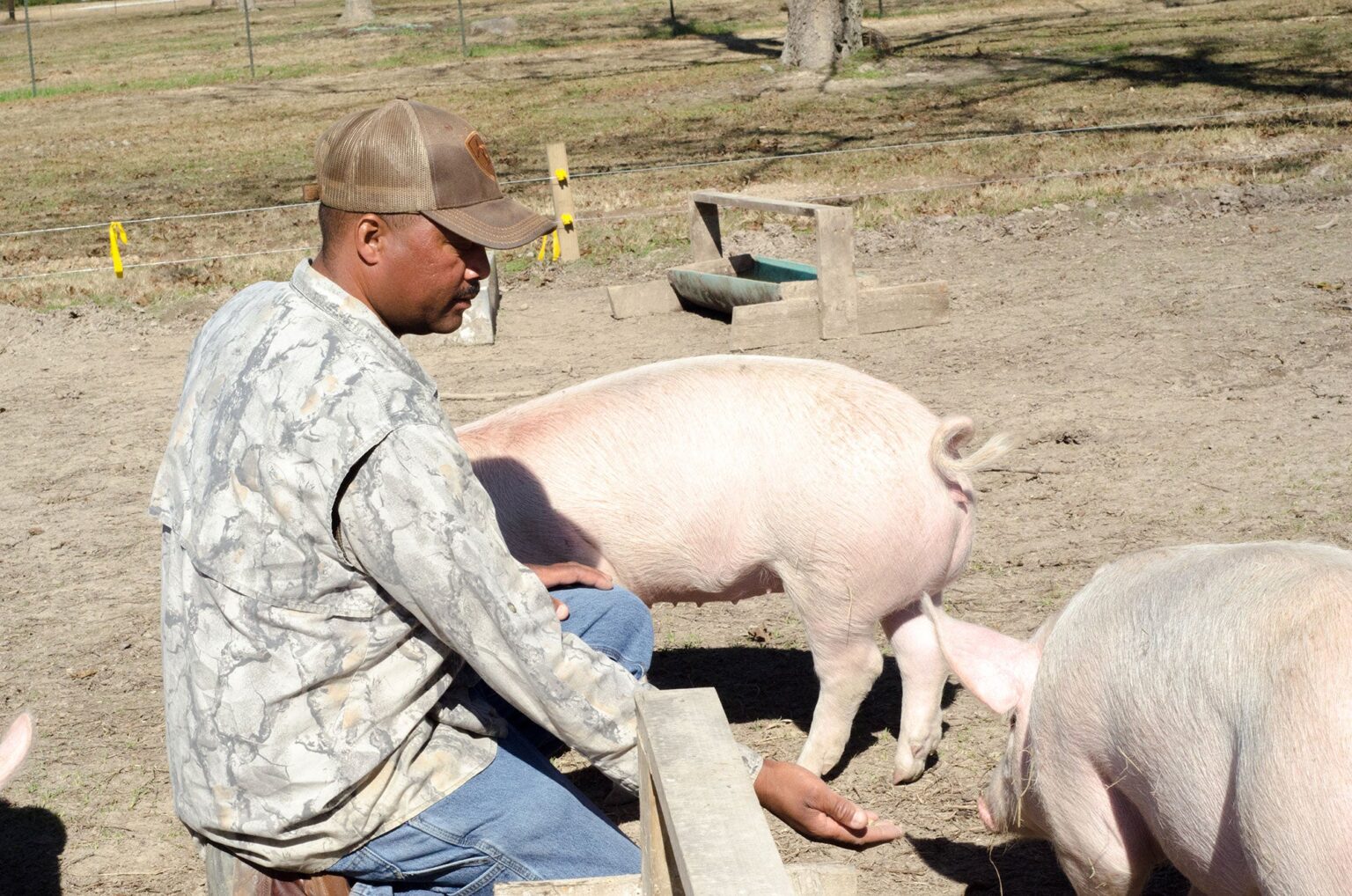Through the first part of 2025, Black farmers have found themselves continuing to grapple with the long-standing effects of discrimination while also facing ongoing disruptions caused by recent decisions within the U.S. Department of Agriculture. USDA budget cuts, now amounting to $1.2 million promised money to minorities in agriculture, have left Black farmers scrambling to adapt.
These financial setbacks have disrupted operations and forced nonprofit organizations and support systems to reduce services or shut down entirely. This all comes at a time when institutional support is more necessary than ever.
The situation is further aggravated by increasing tariffs and trade disruptions. In a CNN interview, John Boyd Jr., president of the National Black Farmers Association, expressed frustration with the instability caused by abrupt policy shifts.
“The president casts a net of uncertainty (for farmers) every time he makes one of these wild announcements … tariffs to China, tariffs to Mexico, tariffs to Canada. USAID — it’s over, it’s done. Every time he makes those types of drastic announcements, he affects America’s farmers,” Boyd said.
Boyd’s advocacy continues to shine a light on the compounding struggles faced by Black farmers: broken promises, withheld aid, and administrative indifference. Referencing decades of systemic neglect and discriminatory policy, Boyd has even stated prior that “ ‘Black’ and ‘the government’ don’t go good in the same sentence.”
Legal battles have become another front in this fight. A third major discrimination lawsuit against the USDA is gaining traction, alleging that Black farmers are still being denied fair access to federal loans and services. This legal momentum shows the persistence of farmers who refuse to be erased or ignored.
However, not all the news is grim. The 2022 Census of Agriculture revealed positive movement: Land ownership among Black farmers has increased, and new generation Black-owned agribusinesses are being formed. This reflects a broader movement among Black agriculturalists to reclaim autonomy, redefine success, and invest in their communities.
Grassroots organizations, cooperative farms, and educational institutions are coming together to create alternative paths forward. These include mentorship programs, micro-loans, and workshops aimed at preparing the next generation of agricultural leaders from historically underserved communities.
Still, this progress exists in tension with the national political landscape. Continued diversion of emergency aid and the ongoing uncertainty of future USDA support under the current administration threaten to roll back many of these gains.
The way forward will require bold advocacy and structural change. Policymakers must not only restore funding but expand it, targeting support for BIPOC farmers as a matter of economic justice and food security. Aid programs must become more transparent and accessible, and mental health support must be embedded into the framework of agricultural development.
And most importantly, these farmers must be heard. Their stories, struggles, and resilience must shape the policies designed to serve them.
If we’re to build a just and inclusive future in agriculture, we must act now. Reinstating canceled programs, funding new initiatives, and pushing for legislation that protects marginalized farmers isn’t just about equity — it’s about survival. Because a nation that feeds itself must first feed its people.
Bre Holbert is a past National FFA President and studied agriculture science and education at California State-Chico. “Two ears to listen is better than one mouth to speak. Two ears allow us to affirm more people, rather than letting our mouth loose to damage people’s story by speaking on behalf of others.”



